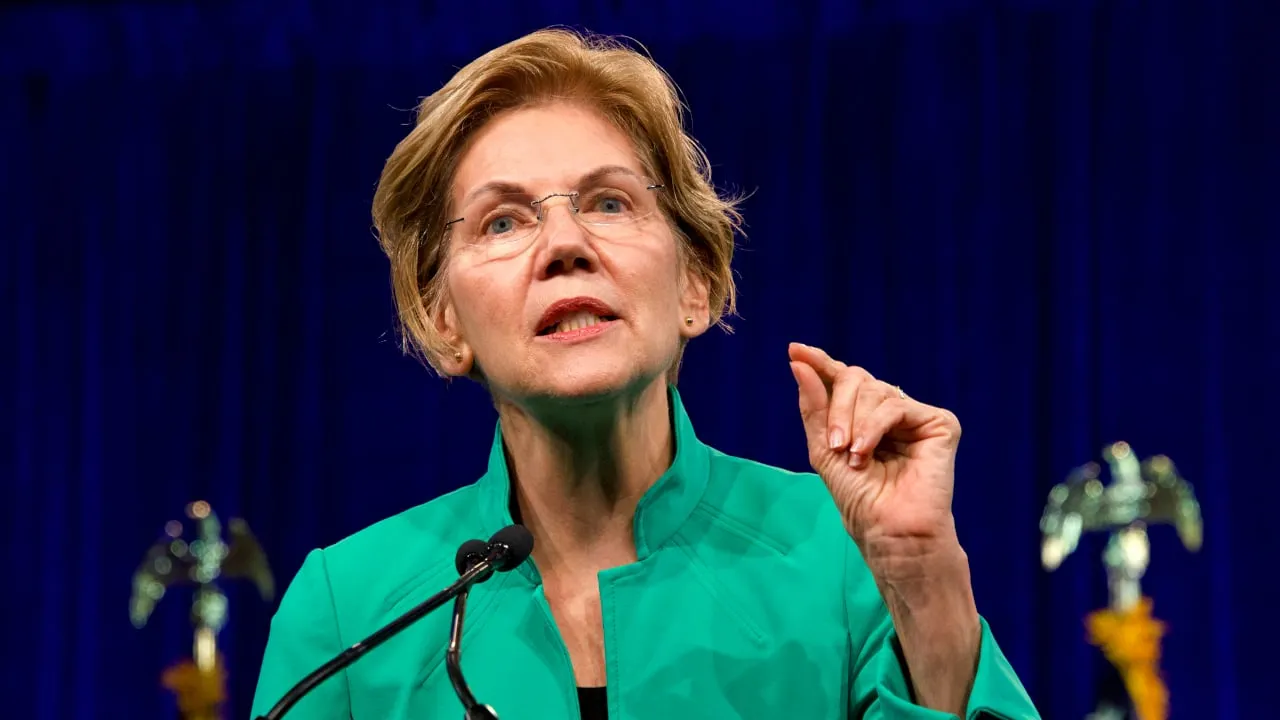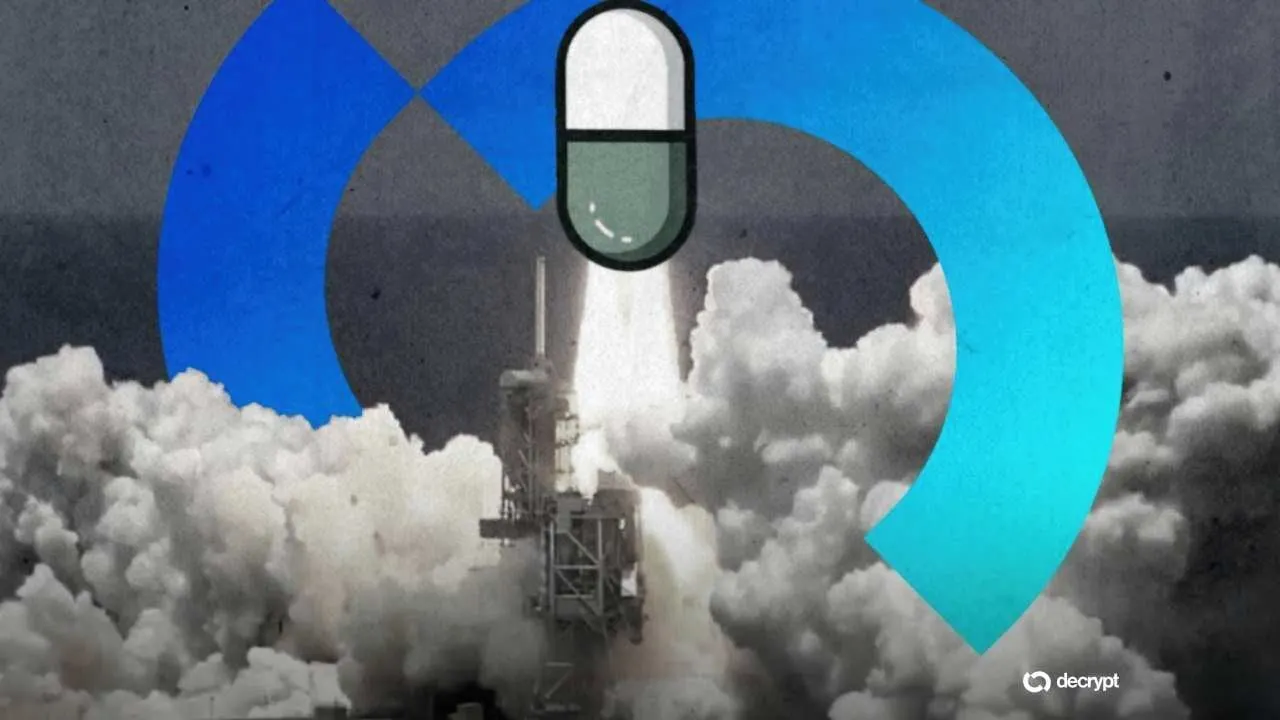Plasma is gearing up to launch its stablecoin-optimized blockchain on mainnet by “late summer,” the company’s CEO told Decrypt.
Paul Faecks, founder and CEO of Plasma, said that the blockchain will support “the largest stablecoins,” at launch based on its internal data.
“We are building a blockchain that is the best product for moving stablecoins from A to B,” Faecks added. "Everything around it has to be in service of being that. Otherwise, it's not worth doing for us.”
At least 40 days before its mainnet launch, Faecks told Decrypt, the Plasma public pre-sale will open. The pre-sale timing is an effort to remain compliant with regulations across the globe, with U.S. participants requiring a 12-month lock-up of their tokens—which will extend past mainnet launch.
Assuming the end of Summer is September 22, the latest the XPL pre-sale would take place is August 13.
What is Plasma?
Stablecoins have become a hot topic in the crypto space lately, following the successful Circle IPO, groundbreaking legislation passing through the U.S. Senate, and big companies looking to issue their own stablecoins.
Plasma aims to build on this momentum with the launch of an EVM-compatible Bitcoin sidechain that's purpose-built for stablecoins, allowing for specialized optimizations.
Faecks told Decrypt that the company’s focus on becoming “stablecoin chain number one” has informed its decisions around tech architecture and liquidity. “That leads to very different choices—a set of choices that a Solana or an Aptos can't really make,” he said. “I think that obviously gives us an advantage in this kind of small sliver of the world.”

How the Aptos 'Community Takeover' Revived Dev Interest in the Network
Layer-1 blockchain Aptos saw an increase in new developer interest following the viral social media campaign from user BuzzlamicJihad. So much so that Ash Pampati, head of ecosystem at Aptos, told Decrypt that the Aptos Foundation would be “super open” to bringing the user onto its team. Aptos surged 17% in a single day in February, as BuzzlamicJihad’s unofficial “community takeover” of the network went viral on social media. Following Aptos Labs founder and CEO Mo Shaikh stepping down in Decemb...
At the time of writing, the total market capitalization of all stablecoins sits above $251.74 billion, with Tron and Ethereum leading the way by USDT in circulation, according to DefiLlama. However, these networks cater to a broad ecosystem with meme coin launchpads, real-world assets, and more. While Plasma's permissionless nature means that anyone is free to build those products atop its network, Plasma itself is not going to spend any time focusing on those corners of the industry, Faecks told Decrypt.
As a result, its 27-person team based in London can work solely on stablecoin-focused optimizations, such as making stablecoin transactions on the network completely gasless. Plasma is also working on a regulatory-compliant way to allow private USDT transactions, Faecks said.
“Everything we do ecosystem-wise is geared towards stablecoins,” Faecks added. “You need to be very deeply integrated into the existing payment stack and into everything around the chain itself. In the end, payments is a massive network effects business that requires a level of omnipresence and a level of integrations everywhere to actually have value.”
There will be no further increases to the deposit cap. Total deposits are now limited to $1 billion.
The goals of the deposit period were clear: enable broad, global participation through a fair process prioritizing real users over bots, and bootstrap day-one stablecoin… pic.twitter.com/ms3PiVz4KI
— Plasma (@PlasmaFDN) June 16, 2025
To date, Plasma has secured $1 billion in deposits for its upcoming XPL token pre-sale last week and raised $24 million across its Seed and Series A funding rounds in February with support from Tether CEO Paolo Ardoino, PayPal co-founder Peter Thiel, and investment firms including 6th Man Ventures.
A week before the public deposit opened, Thiel’s venture capital firm, Founders Fund, also made a strategic investment at an undisclosed fee, confirmed to be more than $24 million at the same valuation of $500 million FDV.

Plasma Attracts $500 Million for ICO—And One Trader Spent $100K on Ethereum Gas Fees
Plasma attracted $500 million in stablecoin deposits in mere minutes Monday for its upcoming token sale—and one user spent $100,000 on fees in an attempt to jump the queue. Traders' bullishness around the public sale has led some to believe that the initial coin offering trend is back. ICOs were all the rage in 2017, but fizzled out due to a string of failed projects and growing regulatory scrutiny. In its documentation, Plasma is described as a Bitcoin sidechain that will use the network as a s...
Plasma confirmed to Decrypt that it has been talking to a wide range of major players throughout the payment stack, including on-ramps, traditional finance companies, and, of course, stablecoin issuers.
Stablecoins go mainstream
Stablecoins have attracted interest from outside the crypto sector, with the likes of Walmart, Amazon, and Bank of America all reportedly making moves into the stablecoin market.
Faecks claimed that “dozens” of traditional companies have made contact with Plasma to discuss their stablecoin plans, both to launch their own token or to integrate stablecoin payments into their products—though he declined to name any of the firms in question.

Elizabeth Warren, Consumer Groups Slam Walmart and Amazon Stablecoin Plans
Sen. Elizabeth Warren (D-MA) and leading consumer advocacy groups denounced a report Friday that Amazon and Walmart are considering issuing their own stablecoins, framing such developments as an unacceptable outcome of pending stablecoin legislation in the Senate. “Let’s not forget the GENIUS Act has a major loophole allowing Big Tech companies and major retailers to issue their own private currencies structured as stablecoins,” Warren said Friday in a statement shared with Decrypt. “If Congress...
Much of the recent upsurge of interest in stablecoins has been driven by the GENIUS Act, a bipartisan bill aimed at establishing a regulatory framework for stablecoins and digital assets. The GENIUS Act’s passage could unleash thousands of stablecoins onto the market, according to some industry players—but Faecks ultimately expects one or two big players to win out.
“I'm skeptical of thousands of stablecoins working at scale,” he told Decrypt, adding that stablecoins are “very much a network effects business and that the majority of value will accrue to the largest players in the ecosystem. Those, he said, will be the ones with “the deepest liquidity and the easiest integrations everywhere.”




